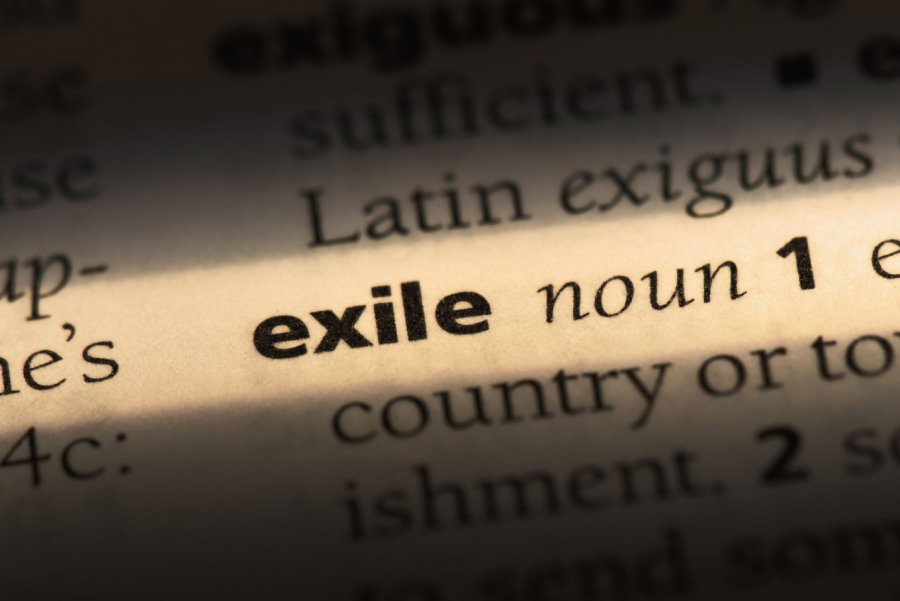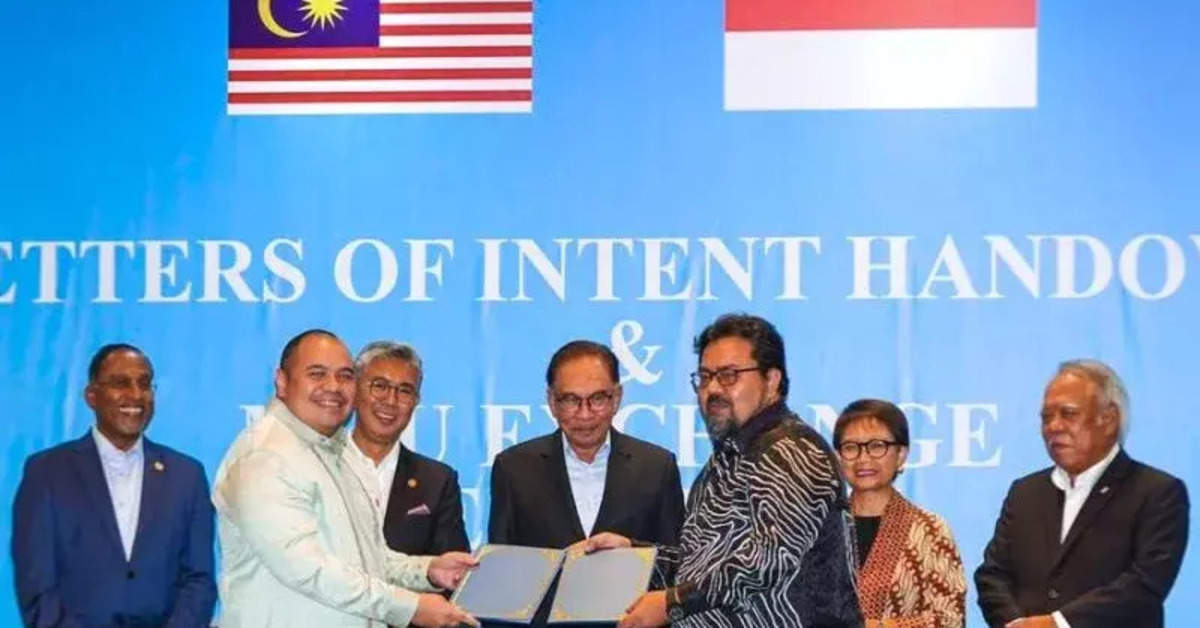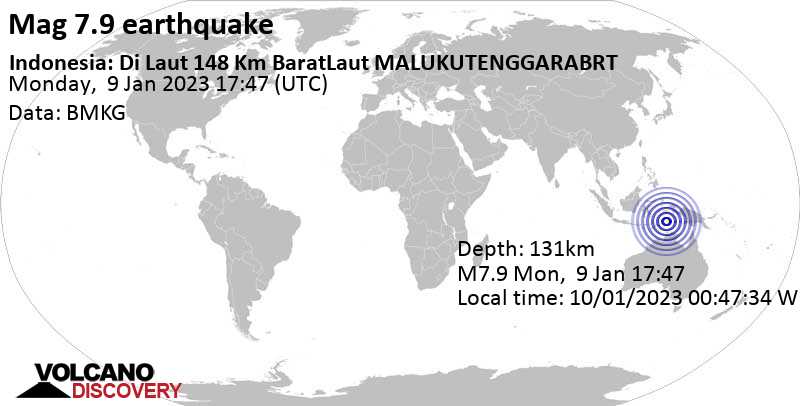January 18, 2023
JAKARTA – President Joko “Jokowi” Widodo will restore the citizenship of Indonesians who were rendered stateless abroad after the 1965 anti-communist purge that led to the killing of thousands of citizens for their affiliation with, or suspected links to, the Indonesian Communist Party (PKI), a top official has said.
The policy is part of a renewed commitment by the Jokowi administration to right the wrongs of the past, a major policy shift for a government that has long put human rights issues on the back burner.
In a surprise gesture last week, the President acknowledged and expressed regret on behalf of the state for dozens of past human rights violations and pledged to provide restitution for victims and their families.
The President is now scheduled to go an apology tour, where he will meet with victims of human rights abuses and their families to demonstrate his willingness to tackle the politically sensitive issue, according to Coordinating Political, Legal and Security Affairs Minister Mahfud MD.
“These ceremonial trips will show the public that the government means business [with its pledge],” the minister told reporters at the State Palace on Monday.
Intercontinental contrition
Jokowi, Mahfud said, would visit domestic sites of human rights violations, such as Aceh province, where years of bloody conflict occurred between Jakarta and the local armed rebellion, and Talangsari, a village in Lampung where hundreds of people were reportedly killed in a raid by members of the Indonesian Military (TNI) who accused residents of planning to establish an Islamic state.
The government would also arrange a meeting with Indonesian exiles in European nations who had not been able to return home after having their passports revoked for links, or alleged links, to the PKI, Mahfud said.
Foreign Minister Retno LP Marsudi and Law and Human Rights Minister Yasonna Laoly had been asked by the President to arrange the meeting with the exiles, presumably in Geneva, Amsterdam or a city in Russia, he said.
The government, Mahfud said, would restore the exiles’ Indonesian citizenship and give them assurance that “they are Indonesian citizens who have the same rights [as others]”.
“Those who now live overseas should also get the same message, and this again shows that we are serious,” he added.
If it materializes, the meeting between President Jokowi and the 1965 political exiles will be the first ever by a sitting president. Moreover, it could lead to an end of decades of suffering for many Indonesians who became stateless in the turbulent years at the end of Sukarno’s leadership of the country.
It is unclear how many Indonesian political exiles are in Europe today. Many were former students granted scholarships to study in communist countries, such as the USSR and Czech Republic, and had their citizenship revoked by the Soeharto regime for their supposed link to the 1965 coup attempt.
Principles or politics?
The President’s official acknowledgment and expression of regret covered 12 gross human rights violations that occurred between 1965 and 2003. The cases include the anti-communist purge of 1965-66, which killed, according to some estimates by historians and activists, at least 500,000 people.
“I, as the head of state, acknowledge that there were gross human rights violations that did happen in many events,” said Jokowi. “And I strongly regret that those violations occurred.”
Some activists, however, were skeptical of the President’s intentions, expressing suspicion that he was using human rights issues to secure political gains.
Asfinawati, a legal expert at the Jentera School of Law, said it was not unusual for the President to talk human rights ahead of general elections. Jokowi, who faced off against Prabowo Subianto, a retired military general with a checkered human rights record, in the last two elections, had vowed to settle past rights abuse cases during his campaign.
“We can see a pattern. Ahead of a political year, this issue is always raised,” she said.
Muhammad Isnur of the Indonesian Legal Aid Foundation (YLBHI) questioned how the President would conduct his apology tour.
“There are so many victims of serious human rights violations. Will he meet all of them? I hope this is not part of the President’s attempt to polish his political image,” he said, adding that Jokowi could easily have met with participants in the Kamisan protest movement, organized by victims and families of victims of past human rights abuses, who gathered in front of the State Palace every Thursday.
Amnesty International Indonesia executive director Usman Hamid, meanwhile, urged the government to immediately restore the political and civil rights Indonesian exiles overseas.
“The plan must be done immediately considering many of them have died without their citizenship. That is a clear violation of human rights,” he said. (ahw)




































